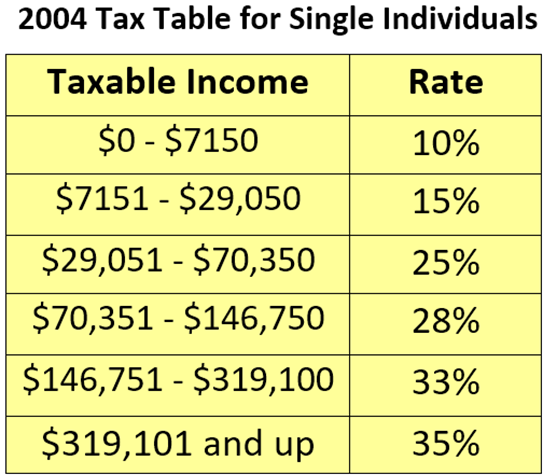Taxes

The federal government collects taxes. In this
section, you will learn about the different kinds of taxes.
Key Terms
ü deductions: things that can be subtracted from taxable
income
ü Internal Revenue Service (IRS): the government agency
that is in charge of collecting taxes
ü tax return: a person's annual report to the IRS that
summarizes total income, taxes already taken out by the employer, and
deductions
Let’s Practice!
The government is involved in the U.S. economy.
For example, it makes laws that businesses must follow and laws that protect
consumers and workers. In addition to making laws, the government also provides
important public goods and services. To provide these goods and services, the
government needs money. The government gets money through taxes like individual
income taxes, corporate income taxes, and FICA taxes.
Individual
and Corporate Income Taxes
About half of the money the federal government
takes in comes from individual income taxes. Part of the money that people earn
is collected by the government. The percentage each person pays depends on the
amount of money he or she makes. The government takes a percentage of each
person's annual earnings. For example, if a person makes $25,000 per year in
taxable income, he or she is taxed at 15 percent. This means that the person
pays $3,750 per year in income taxes to the federal government.
Most individual income tax is paid through a
payroll withholding system. This means an employer automatically subtracts
income taxes from a person's paycheck and sends it straight to the Internal Revenue Service (IRS). The IRS
is the government agency that is in charge of collecting taxes.
Each year, every employee must fill out a tax return and send it to the IRS. A
tax return is a person's annual report to the IRS. It summarizes total income,
taxes already taken out by the employer, and deductions. Deductions are things that can be subtracted from your
taxable income, like donations to charity, some medical expenses, and state and
local tax payments. Sometimes, the amount of income tax that a person owes is
different from the amount already paid. If you paid more than you were supposed
to, you will get money back. If you did not pay enough, you must send the rest
of the money owed to the IRS.
The chart below shows the different tax
brackets for individuals. Like individuals, corporations must pay income taxes.
Corporations have tax rates that vary just like the rates for individuals. The
more money a corporation makes, the higher its tax rate will be.
 |
FICA
Taxes
Employers take money out of each employee's
paycheck for another type of tax besides individual income tax. These taxes are
authorized by the Federal Insurance Contributions Act, or FICA. FICA taxes
provide money for two government programs: Social Security and Medicare.
Social Security is a program that was started
to help people survive the Great Depression. It started as a fund to provide
people with money to live on after they retired. Today, it also gives benefits
to the surviving family members of wage earners who have died and to people who
cannot work because of disabilities.
Medicare is a national health insurance
program. It helps pay for health care for people 65 and older and people with
certain disabilities.
There are many other taxes taken by the
government. They include excise taxes, estate taxes, gift taxes, and import
taxes. However, income taxes and FICA taxes are the two main taxes taken by the
federal government.
Let’s Practice!